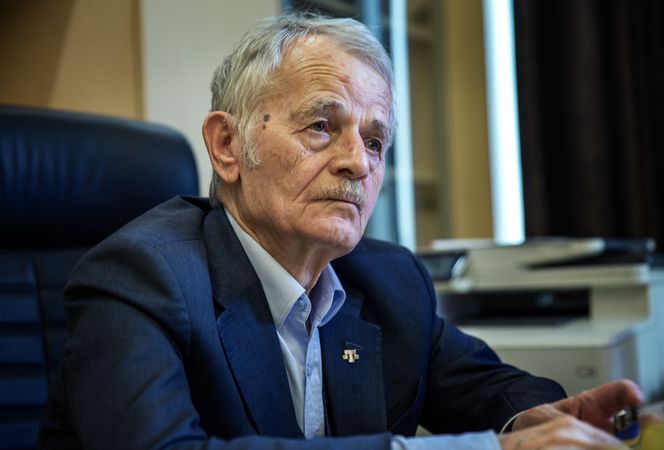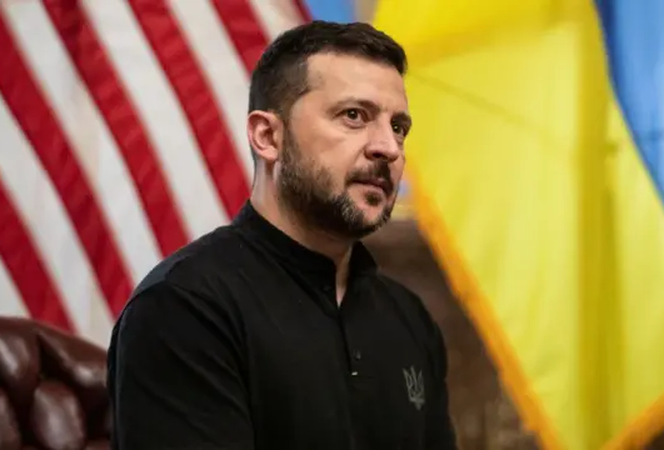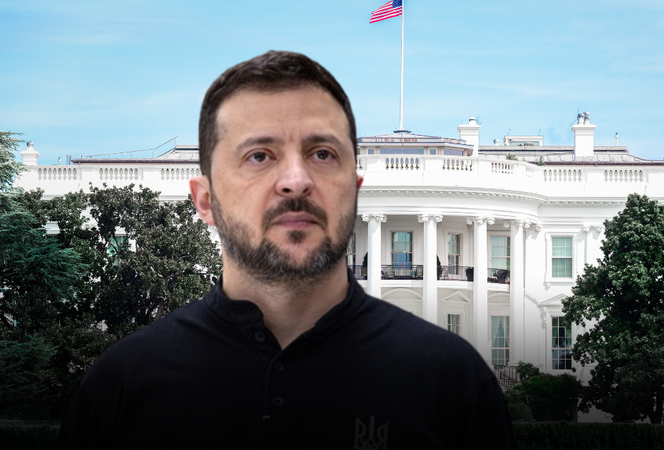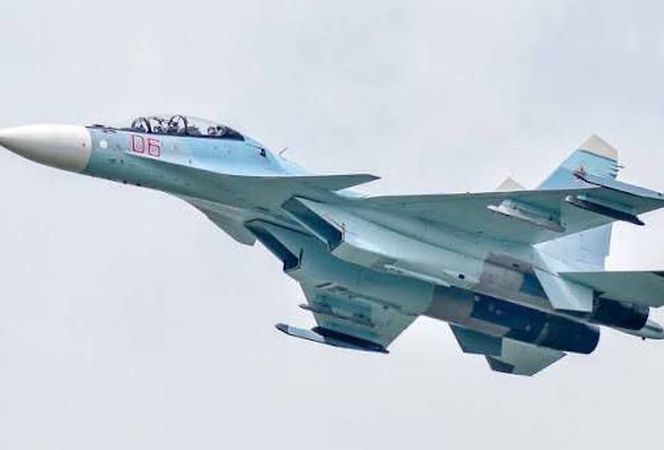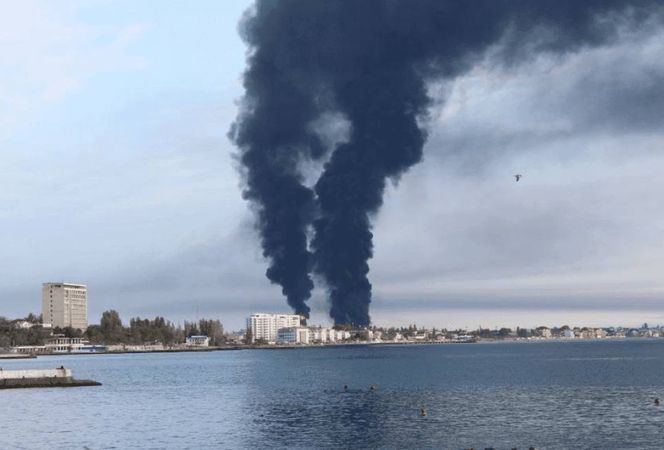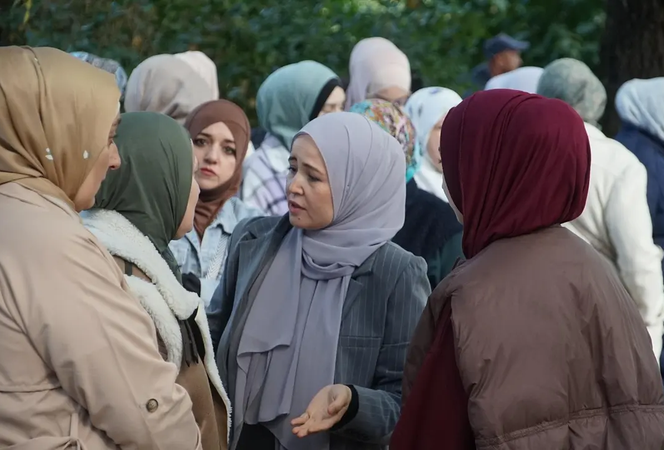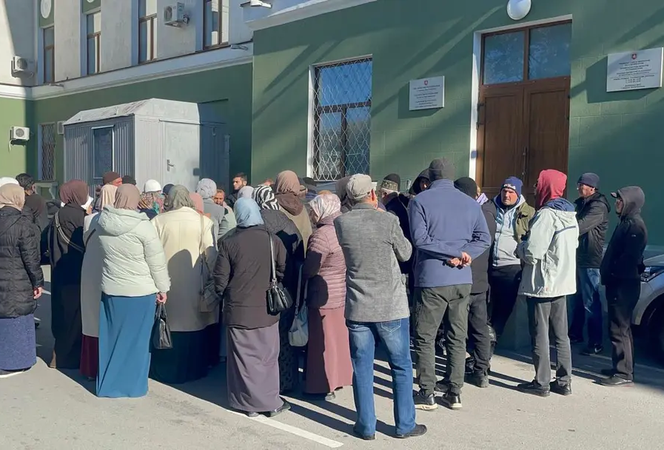Crimean Tatar Mejlis appeared 28 years ago in Crimea
On June 30, 1991, the Crimean Tatar Mejlis was formed as well as the national anthem and flag were approved at the Crimean Tatar’s Kurultay session in Crimea.
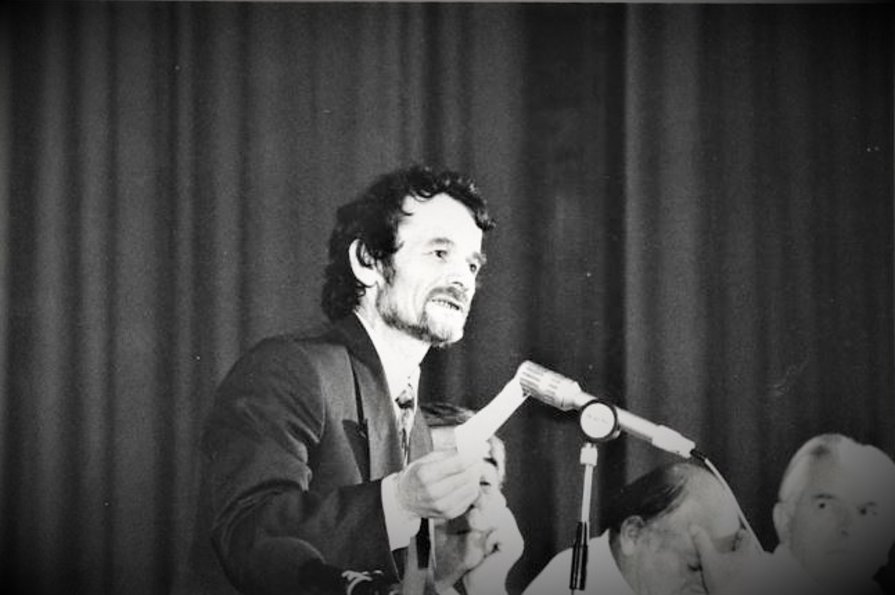
The first session of the Crimean Tatar’s Kurultay elected the Crimean Tatar Mejlis 28 years ago within the years of occupational Soviet regime in Crimea. It consisted of 33 people, and Mustafa Dzhemilev became the Mejlis Head, his deputy head was Refat Chubarov.
The Kurultay session also adopted the Declaration on national sovereignty of Crimean Tatars and Decree «On the national flag and national anthem of Crimean Tatar people».
A few days later, on July 6, 1991, there held the first meeting of the Crimean Tatar Mejlis where approved the structure of the Crimean Tatar’s representative body. The Mejlis members decided to prepare the Decree on local national authorities. These bodies were created in accordance with the Kurultay’s instructions and were called for implementing the Crimean Tatar Mejlis’s decisions, protecting own people’s interests in cooperation with local authorities, and promoting the revival and development of Crimean Tatar culture, language, religion, customs and traditions. During 1991-1992, regional and local national self-government bodies of the Crimean Tatars were elected at all the village, town and city councils in Crimea, among them appeared 15 district and 7 city ones.
It is well-known that the occupational Supreme Court recognized the Crimean Tatar Mejlis on April 26, 2016 as an «extremist structure» and banned all its activities on the annexed peninsula. Three years after, this ban proved a prohibition not only of the Crimean Tatar’s representative body, but also the whole people. The Russian Federation repressions strengthened and intensified within 5 years. A number of searches, raids, arrests and court sentences against Crimean Tatars has increased several times. Dozens of people have already been convicted and gone missing.
Since 2016, the Mejlis has been working in Kiev, its struggle for returning to Crimea and for its people’s rights does not stop at all international platforms.




